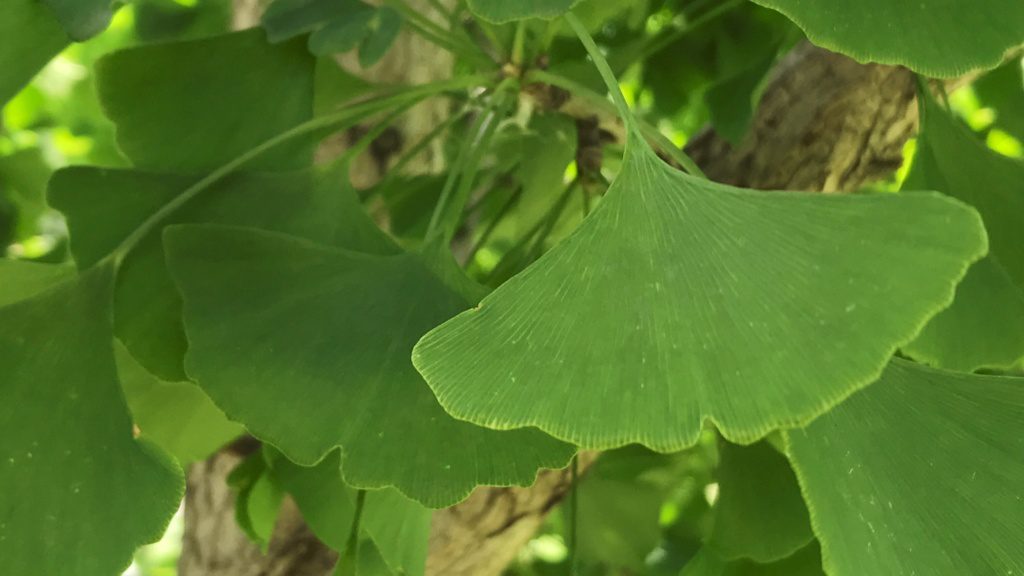3 Tips to Manage Emerald Ash Borer in Sioux Falls
Having to manage emerald ash borer on properties with a lot of ash trees can difficult. And if there’s one thing we have in Sioux Falls, it’s ash trees. A lot of ash trees. And we don’t have them in just backyards and boulevards, but all over.
If you’re a business or a neighborhood association, you likely have responsibility for even more trees.
And now that emerald ash borer has been found in Sioux Falls, many organizations and homeowners are being forced to act. While we knew the beetle would get here eventually, most people didn’t plan ahead.
Now, it’s a matter of being smart, acting quickly, and developing a plan that won’t ruin your landscape or your bank account. That is where I can help.
To start tackling emerald ash borer, we’ll need to do these three things together:
Take inventory
In order to manage emerald ash borer and trees in general, you first need to know what you have. This involves getting an inventory of all the species of trees in an area or property. And it involves more than just counting how many trees you have. Managing a large property can depend on several factors. The most critical tool in tree management is to have a complete inventory of all your trees. Tree condition is probably the most valuable piece of information when having to manage emerald ash borer. Having all your tree locations digitally mapped can help you see your overall tree locations. It also helps to better see where all the trees are and how removing them may impact a site.

Ginko biloba. It is the only tree in its family and therefore has very few if any pest and/or disease issues.
I use an online-based program that not only gathers and stores all the information on each tree, but also plots it onto a satellite map that can be sorted and filtered. It shows each tree’s location with a colored dot. The dot indicates a tree’s location or potential location and varies in size based on the tree’s size. Users can easily get a picture of what they have and how it all plots out to a property. And since it’s web-based, you can look at it anytime. From a phone, tablet or anywhere you have an internet connection. You can see it here: TreePlotter.
Set long-term goals
The hardest decisions you’ll make when developing a plan to manage emerald ash borer is putting a value to the trees you have. Developing a plan for their long-term management comes easier after you know each trees value to the user. Emerald ash borer will kill all ash trees that are not directly injected on a regular and professional basis. That’s the simple truth. When they will die will depend on a bunch of factors. But if you are in Sioux Falls, the trees won’t last more than 10 years if left untreated. So you need to look at budgets, how you value the trees, and weigh all the factors against the inventory of your trees. Then come up with a plan.
Professional direct-injection treatments are very effective. And because of that, ash tree removal can be managed in staggered intervals with proper planning. This will help to not lose all the trees in a short period and destroy the current canopy.
A lot of services have started offering to treat trees. And like all businesses, they have to start somewhere. But experience, emerald ash borer and tree knowledge, and equipment are things to consider when having someone treat your ash trees. This early in the pest stage of emerald ash borer entering our city, the margin for injection error can be great without much consequence. But without careful knowledge and planning as the beetle infestation grows, there will be little room for user error in injecting trees. So make sure you get someone who knows the trees, beetles and injection process.
Consider replacements
If there is a silver lining in this, it’s that we now have an opportunity to create a strong, healthy and diverse urban forest. Take the time and carefully choose what species you will use to replace those ash.
If it’s one thing we are not good at, it’s planting diversity in the landscape. First, it was too many elms, then too many ash and now we are seeing way too many maple trees. Look at your inventory and replace trees so there is no more than 5 percent of any one species, 10 percent to 15 percent in any one genus and 20 percent to 30 percent in any one family. It may seem impossible with our climate and soils, but it’s not. With careful coordination and planning, there are plenty of trees we can plant and use to gain the diversity percentages mentioned. By doing so, you will have far less exposure to a situation like this in the future.

Diversity in the landscape. There are 4 species of trees in this photo all in different families. You can still get great fall color and interesting features in the landscape by having different types and species of trees.
Maple is the most abundant family of trees in the world. That means it has the most disease and pest issues out there. With global markets and several other destructive diseases looming, the threat to our urban forests is greater than ever. By having a long-term management plan for your property, you can reduce costs of tree removal or treatments while maintaining a beautiful and functional property. Plus, you’ll be able to better weather the storm when emerald ash borer drastically changes our landscape or the next issue appears down the road. Start with the 3 tips provided to manage emerald ash borer on your property and you will be well ahead of most.
Aspen Arboriculture Solutions is foremost an arboriculture consulting company. I pride myself in striving to provide the very best in science-based tree care information. We do offer plant health care services, but our mission is providing information to our clients so they can make the best decisions for their landscape. If you run a business with trees that need managing or have a large property that needs input on managing trees, we can help.
Call or text to 605-759-6020, email sam@aspenarbo.com, or fill out the consultation request form on the website at aspenarbo.com.

